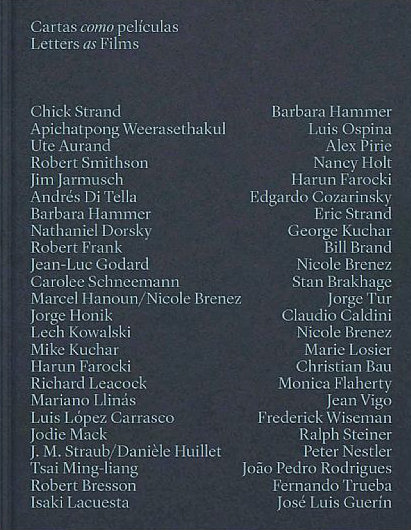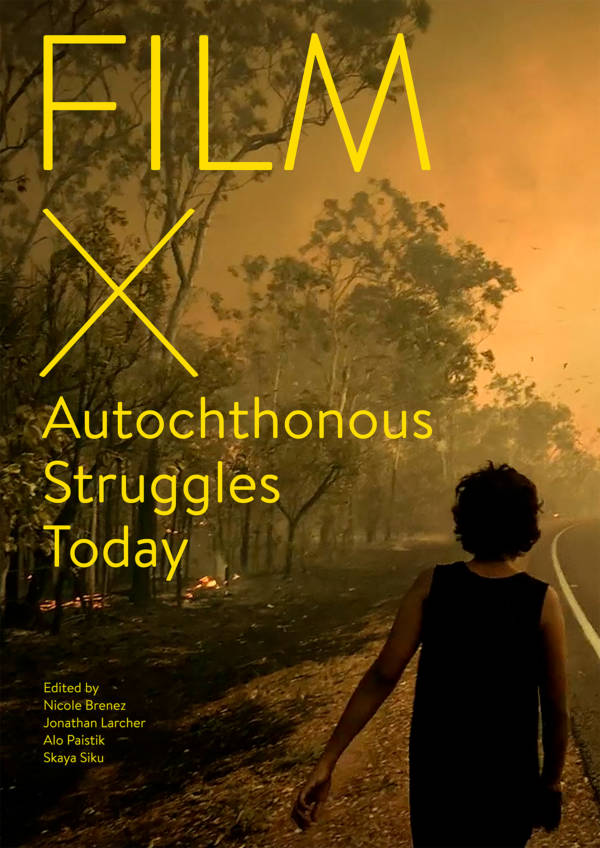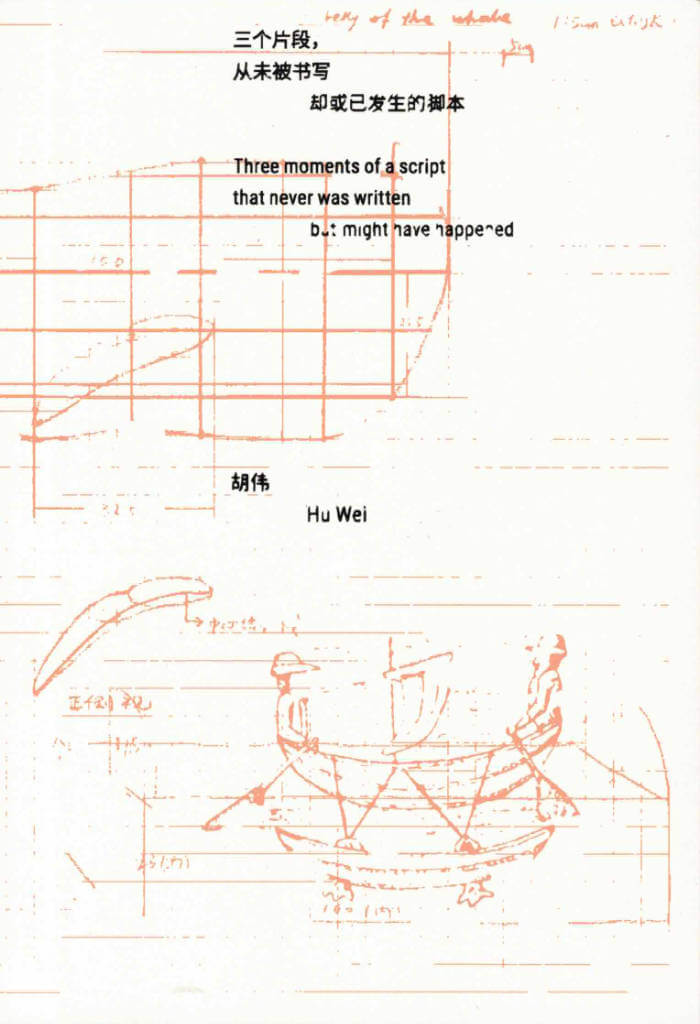
Letters As Films
Fascinating letters and ephemera from experimental filmmakers such as Maya Deren, Nathaniel Dorsky, Jim Jarmusch, Harun Farocki, Jean Vigo and more.
More than 50 postcards, manuscripts, typewritten letters and even emails are presented alongside stills, drawings and storyboards to create a stunning epistolary archive many years in the making. Curator and Punto de Vista International Documentary Film Festival director Garbiñe Ortega has compiled these materials in an effort to "create echoes and reverberations between materials which, as in a film, thanks to the editing, take on another meaning beyond their specific content."
The volume includes correspondence exchanged among filmmakers Jodie Mack, Jonas Mekas, Stan Brakhage, Jorge Honik, Claudio Caldini, Lech Kowalski, Nicole Brenez, Marcel Hanoun, Nathaniel Dorsky, George Kuchar, Nazli Dinçel, Norman McLaren, Maya Deren, Jean Vigo, Richard Leacock, Monica Flaherty, Richard Linklater, Gabe Kingler, Robert Breer, Robert Smithson, Nancy Holt, Fernando Trueba, Jean-Marie Straub, Jim Jarmusch, Hanun Farocki, Robert Frank, Fred Wiseman, Margaret Tait, Ute Aurand, Terrence Malick, Lynne Sachs and Gunvor Nelson.
Published in 2021 ┊ 248 pages ┊ Hardcover ┊ Language: English


.jpg)




